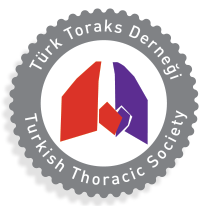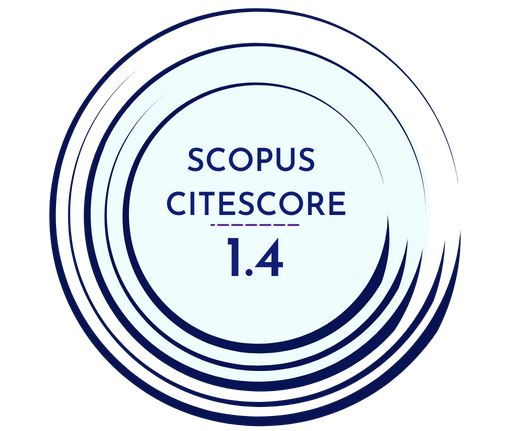Abstract
In the event of acute respiratory failure, invasive mechanical ventilation (IMV) is a required practice to support gas exchanges and to unload respiratory muscles. It is important to optimise the timing of effective need of IMV. Weaning is defined as the process of gradual removal of mechanical ventilation support toward spontaneous ventilation. Non-invasive ventilation (NIV) efficacy have been proved only in a selected population of patients such as people with acute-on-chronic respiratory failure (COPD exacerbation) to shorten the length of invasive mechanical ventilation, the intensive care unit (ICU) stay and to avoid intubation related complications such as VAP. The role of NIV in all the other conditions (i.e. hypoxic patients, post-surgical patients) remains unclear. In the event of unplanned extubations during the weaning period, NIV could be considered as a good option to prevent re-intubation. (Tur Toraks Der 2011; 12: 27-31)



.png)
